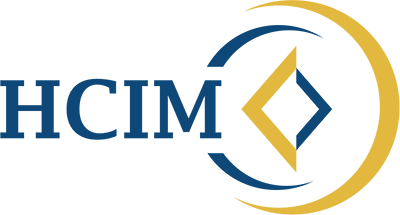Technological advancements have the potential to transform healthcare, offering tools for better management and efficiency. However, a recent Senate report presents a critical view of how leading Medicare Advantage insurers like UnitedHealthcare, Humana, and CVS are deploying such technologies. The report uncovers how these insurers have increased their use of algorithmic tools, leading to a surge in denied claims for crucial post-acute care between 2019 and 2022.
Particularly alarming is the usage of tools like UnitedHealth’s nH Predict, which has been associated with a sharp rise in denial rates for post-acute service, from 8.7% to a worrying 22.7% in just four years. CVS and Humana have also seen similar upticks in denial rates following the deployment of algorithmic decision-making tools. While initially intended to streamline operations and reduce unnecessary spending, the report suggests that the tool may prioritize cost savings over patient needs, casting doubts on the trustworthiness of such technologies.
The Senate’s recommendations for targeted audits and expanded regulations come at a critical moment. They emphasize the urgent need for a robust framework that ensures AI tools in healthcare meet not only technological standards but ethical ones as well. Such a framework would protect against the misuse of AI, ensuring it serves as an enhancement to patient care, rather than an obstacle.
Ultimately, the goal is to harness technology in a way that supports medical professionals and safeguards patient interests. By establishing a benchmark for responsible and ethical AI use in healthcare, we ensure that technological advancements contribute positively to medical outcomes and uphold the highest standards of care.



